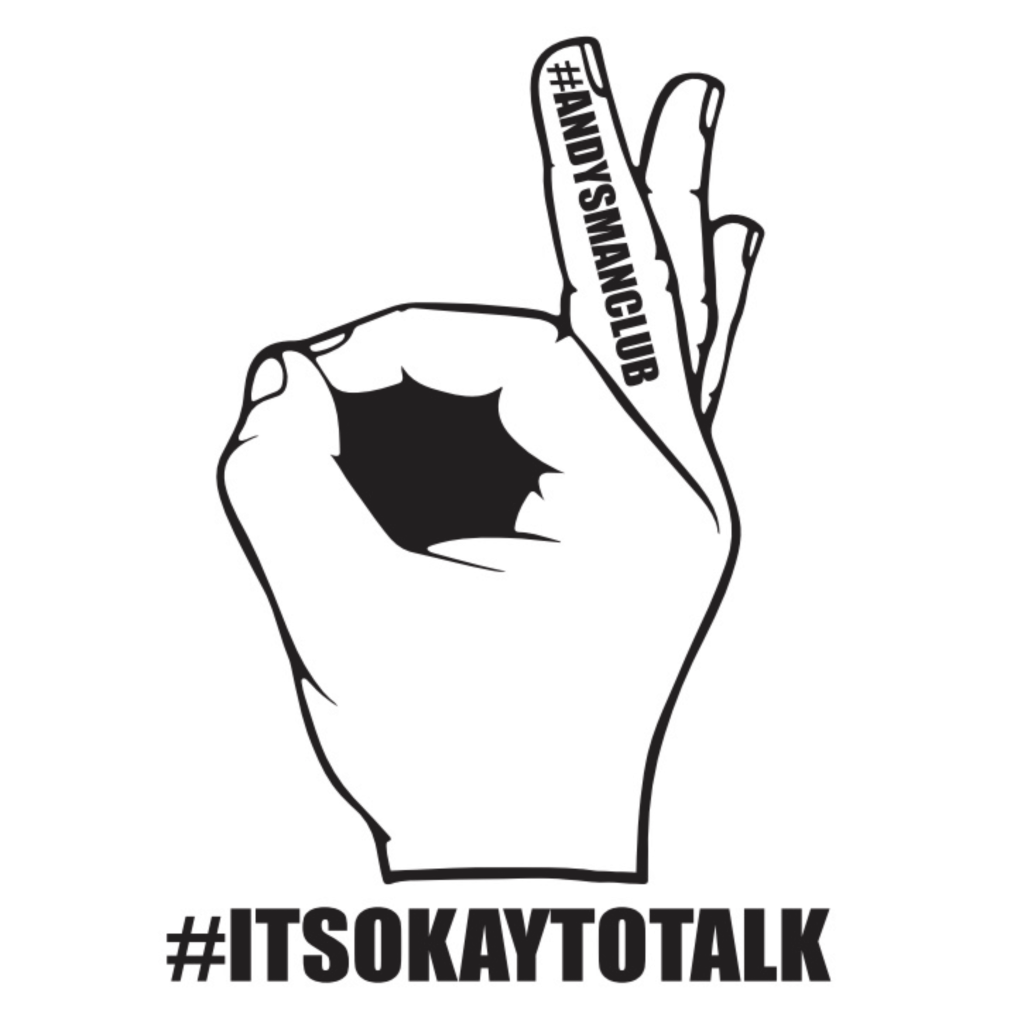Understanding Low Self-Esteem in Men
Low self-esteem is a persistent belief that one is not good enough, capable or deserving of success. For many men, this can show up as self-doubt, harsh self-criticism or a fear of failure. It can affect relationships, careers and overall mental well-being, often stopping men from taking risks or going after opportunities that could lead to personal growth.
Cultural expectations often reinforce these feelings. Many men grow up believing they must be strong, competent and always in control. This pressure can make it hard to admit feelings of inadequacy, leading to a cycle of self-doubt and avoidance.
What Causes Low Self-Esteem in Men?
Early Childhood Influences
Low self-esteem often begins in childhood. Experiences like being criticised, compared to others or made to feel inadequate can lay the foundation for lifelong self-doubt. Boys raised in environments where emotional expression was discouraged may grow up without a strong sense of self-worth or confidence in their abilities.
Adult Experiences and Societal Pressure
Negative experiences in adulthood can reinforce low self-esteem. These might include failures at work, difficult relationships, or social rejection. Many men also struggle with the constant pressure to be successful, independent and emotionally tough. Comparing themselves to unrealistic expectations can lead to a sense of failure and increase feelings of worthlessness.
How Low Self-Esteem Impacts Men’s Lives
Low self-esteem can affect every part of life. Men may avoid challenges, withdraw from friends or constantly compare themselves to others. Some throw themselves into work to prove their worth, while others give up altogether, convinced they cannot succeed.
Negative self-talk is often at the heart of these struggles. Thoughts like “I’m not good enough” or “I always mess things up” become a regular inner script. These beliefs often come from unprocessed criticism, setbacks or life experiences that still hold emotional weight.
Ways to Improve Self-Esteem and Confidence in Men
Overcoming low self-esteem takes time but small, consistent steps can lead to big changes. Here are some strategies that can help:
Notice Critical Self-Talk
Start by listening to your inner voice. What do you say to yourself when things go wrong? Challenge those thoughts and ask whether they are actually true.
Focus on Strengths
Instead of dwelling on flaws, try to identify what you do well. Celebrate progress, however small, and take note of achievements rather than setbacks.
Step Outside Your Comfort Zone
Taking small risks helps build self-confidence. It could be speaking up in a meeting, reconnecting with an old friend or trying something new.
Build a Supportive Network
Surround yourself with people who lift you up, not those who add to your self-doubt. Encouragement and positive feedback from others can help shift how you see yourself.
Practise Self-Compassion
Treat yourself with kindness. Speak to yourself the way you would to a friend who is struggling. Give yourself permission to make mistakes and learn from them.
How Therapy Helps Men Build Self-Esteem
Therapy gives men a space to explore their beliefs and understand where low self-esteem comes from. A therapist can help identify patterns and offer tools to replace harsh self-criticism with more balanced, realistic thinking.
In therapy, men can learn how to express fears, process past experiences and build confidence at their own pace. It is also a chance to develop practical skills to handle doubt, rejection or failure more constructively.
Therapy does not promise instant confidence. But with support and effort, men can break away from limiting beliefs and grow into a stronger, more self-assured version of themselves.
Low self-esteem does not have to define your life. With the right support, it is possible to change how you see yourself, take on challenges and feel more in control. Seeking help is not weakness. It is a step towards building a healthier and more confident relationship with yourself.
Let me know if you want this version adapted for web upload, newsletter format or carousel script.















